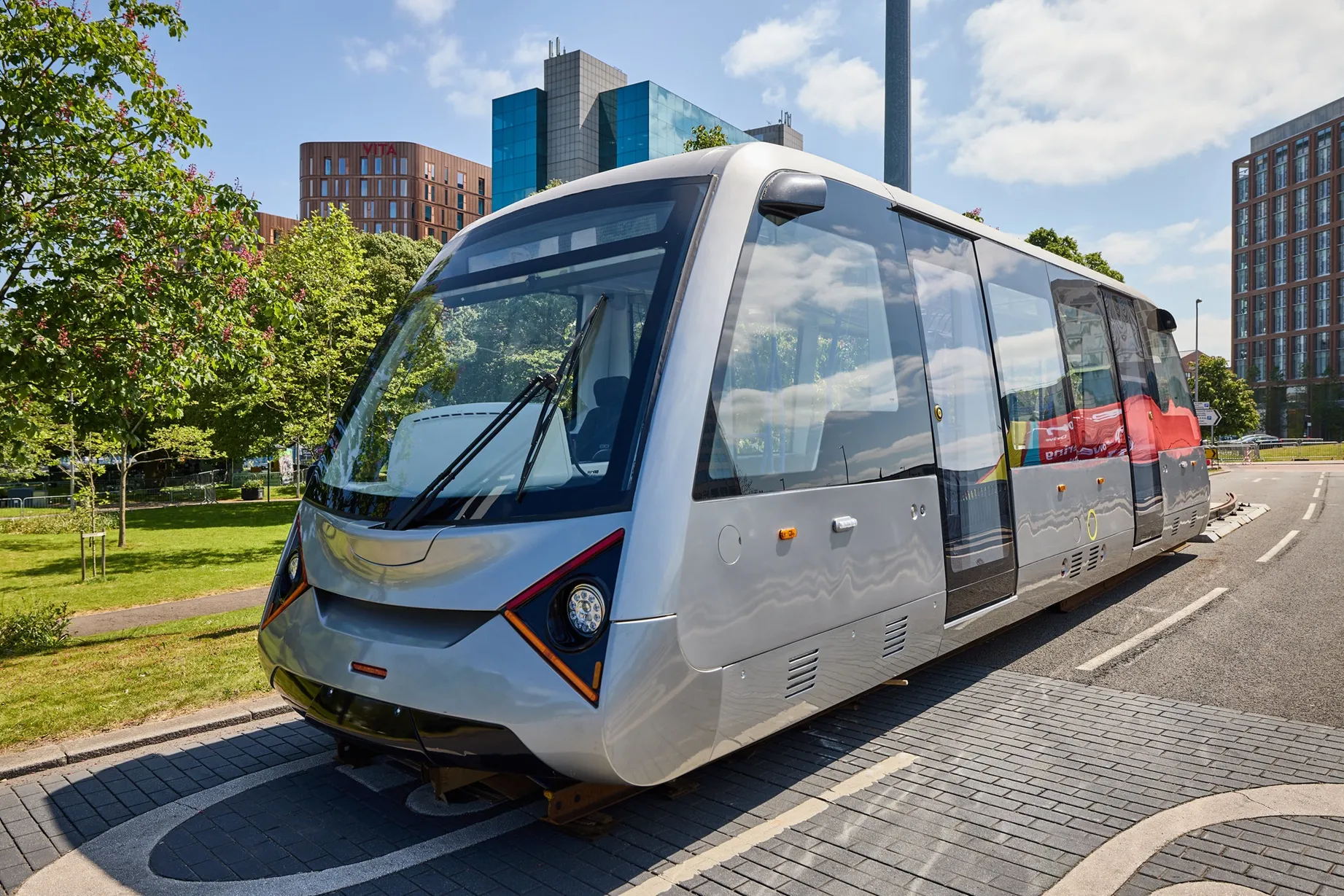A consortium including
This is the first time such a project has been launched as a proof of concept to address first and last mile connectivity requirements.
The project, which has been partly funded through a US$283,000 (AU$375,000) Victorian Government Smarter Journeys Programme grant, will start in August 2017 and last for one year.
The project aims to explore, through a model deployment in real operating conditions, the use of autonomous vehicles to create a re-usable commercial framework to support development of the necessary regulation and/or legislation.
Consortium to trial autonomous shuttles at Australian university
A consortium including HMI Technologies, La Trobe University, Royal Automobile Club of Victoria (RACV), Australian Road Research Group (ARRB) and Keolis Downer is to conduct a trial of autonomous vehicles in Victoria, Australia to explore the use of driverless shuttles in the context of a university’s student mobility requirements.
June 8, 2017
Read time: 1 min









